March 4, 2025
Welsh furniture manufacturer Orangebox have launched Be My Guest, a refuge of calm for the modern workplace.
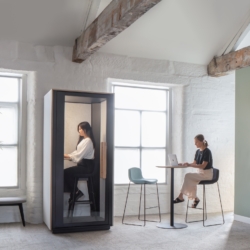 Finding some peace in a busy environment can be the difference between productivity and procrastination. Be my guest offers space for quiet contemplation or a quiet chat without the need to find a free meeting room or quiet corner. And with more people returning to the workplace after WFH, the need for a quiet retreat is increasing. Their most competitively priced phone booth yet, Be my guest highlights the quality and attention to detail for which Orangebox is renowned. By balancing carefully considered design with ease of assembly and cost, form and function have been distilled to its essence, resulting in elegant simplicity and optimal performance. (more…)
Finding some peace in a busy environment can be the difference between productivity and procrastination. Be my guest offers space for quiet contemplation or a quiet chat without the need to find a free meeting room or quiet corner. And with more people returning to the workplace after WFH, the need for a quiet retreat is increasing. Their most competitively priced phone booth yet, Be my guest highlights the quality and attention to detail for which Orangebox is renowned. By balancing carefully considered design with ease of assembly and cost, form and function have been distilled to its essence, resulting in elegant simplicity and optimal performance. (more…)





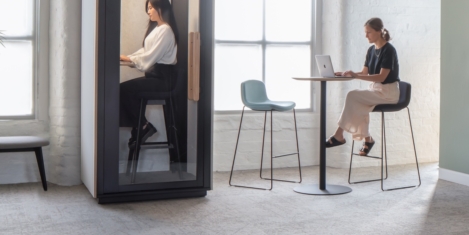






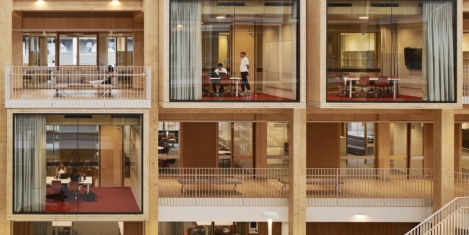









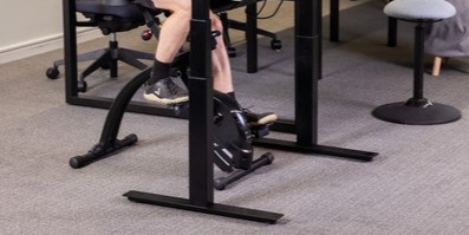
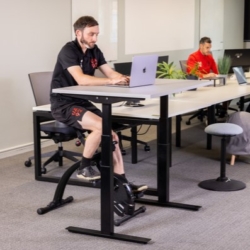










March 17, 2025
The change we need: hearing women and embracing curiosity in the workplace
by Jennifer Bryan • Comment, JB